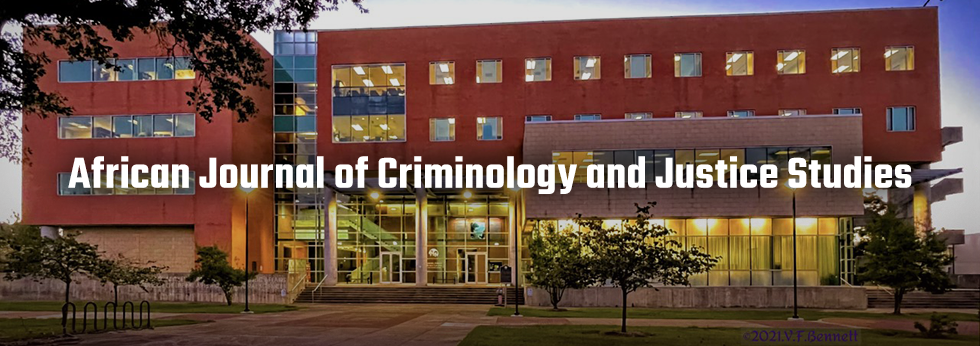Abstract
HIV/AIDS, crime, security and governance are linked issues in the region of Southern Africa. According to the Joint United Nations Programme on HIV/AIDS (UNAIDS) and World Health Organisation (WHO), sub-Saharan Africa is home to approximately 10 percent of the world’s population and 2/3 of this population is infected with HIV. Within sub- Saharan Africa, Southern Africa remains the world’s most affected region: globally, 32% of people with HIV live in this sub-region and 34% of AIDS deaths occur within this region as well. Infection rates in Southern Africa indicate that huge numbers of people will die over the next 10 years, thus affecting the basic functioning of society. The skills and human resources needed for an effective government will become scarce. The HIV/AIDS pandemic has become an issue no less destructive than warfare itself. It is recognised that ‘health’ is part of the fabric of what constitutes a country’s security, not only due to the impact a disease can pose to a state’s stability, but also to the state’s ability tomaintain internal stability and external security. This situation has called for the attention of the international community to assist Southern African governments, especially during conflict situations and humanitarian emergencies. In addition, selected sections of personal interviews with four South African experts on AIDS-related issues have been included in this manuscript in order to clarify some theoretical aspects.
Recommended Citation
Meini, Bruno
(2008)
"HIV/AIDS, Crime and Security in Southern Africa,"
African Journal of Criminology and Justice Studies: Vol. 3:
Iss.
2, Article 8.
Available at:
https://digitalscholarship.tsu.edu/ajcjs/vol3/iss2/8


